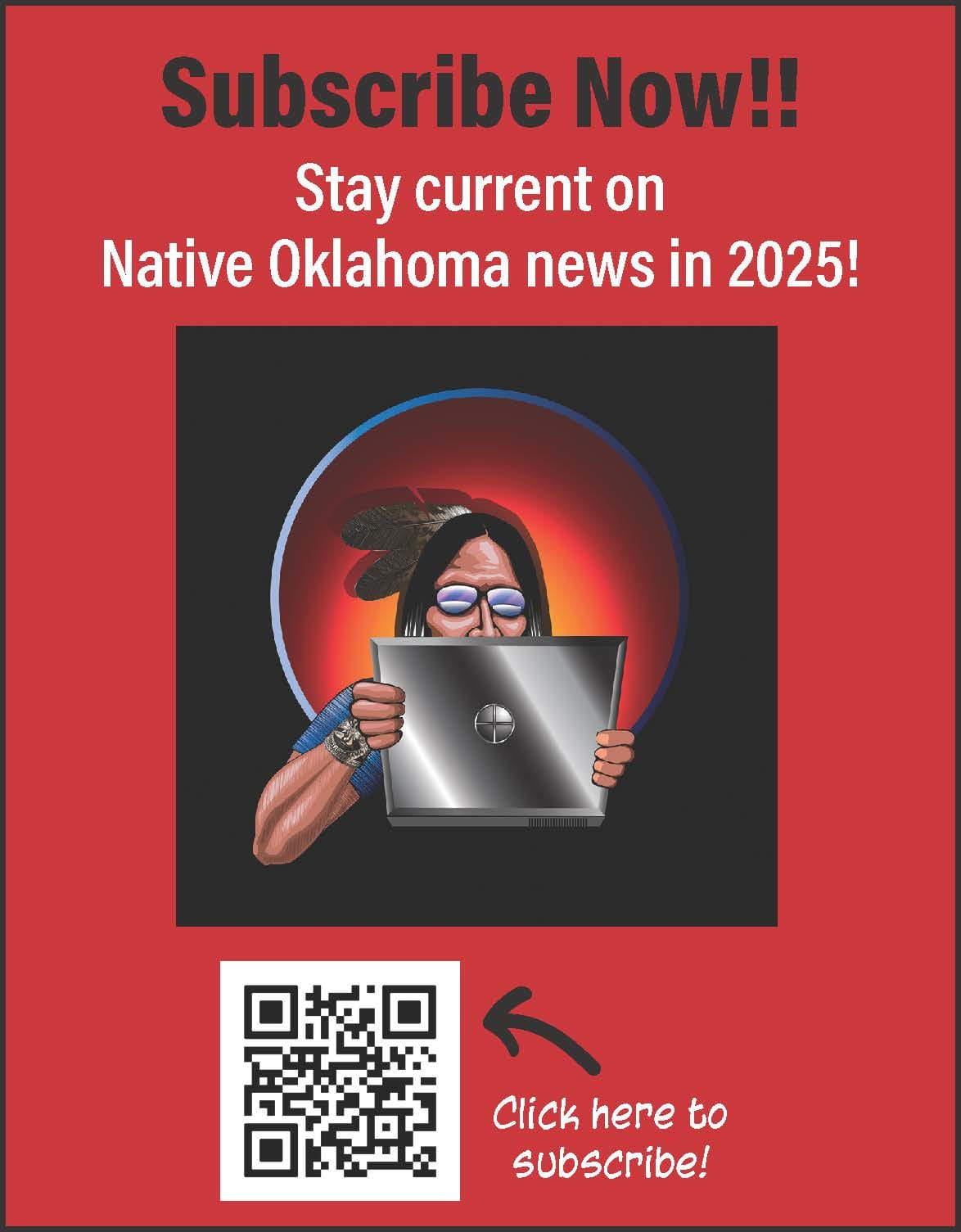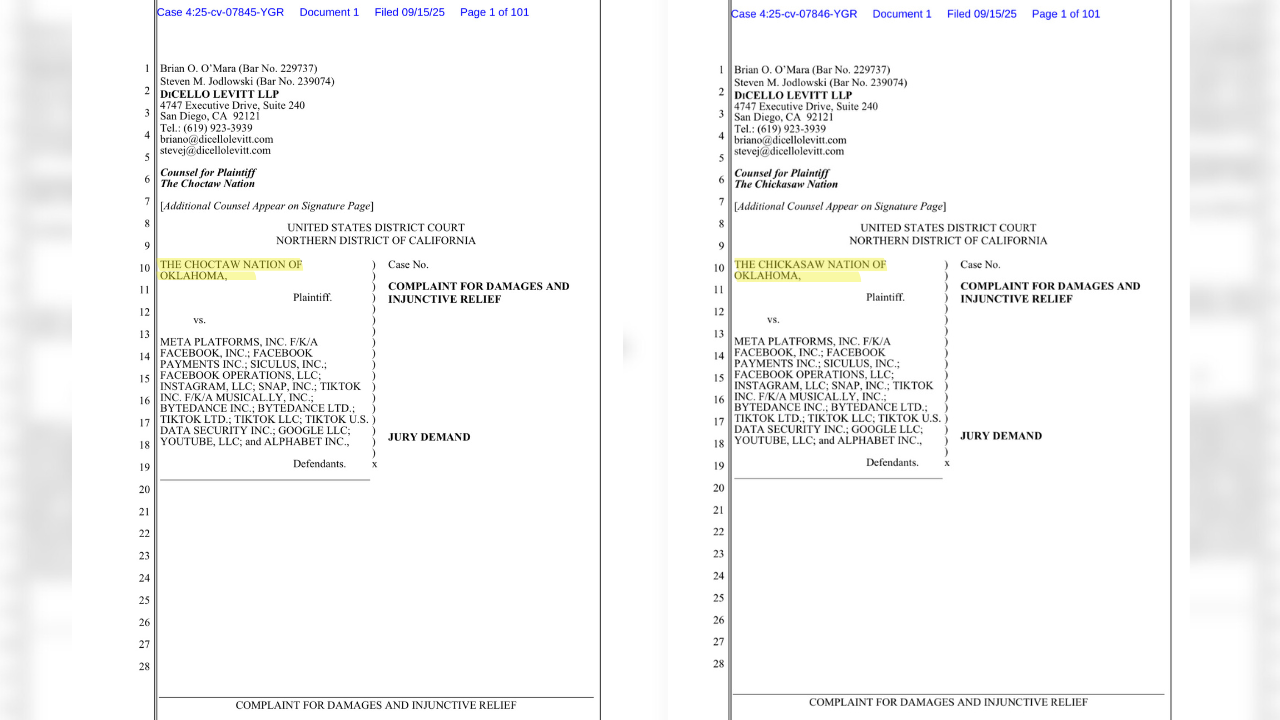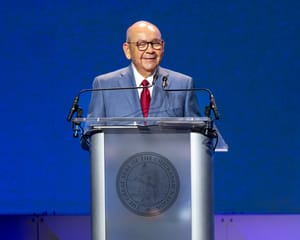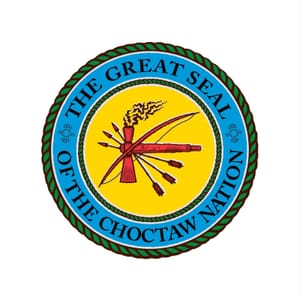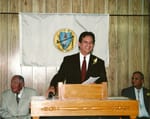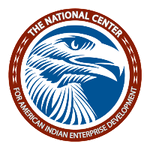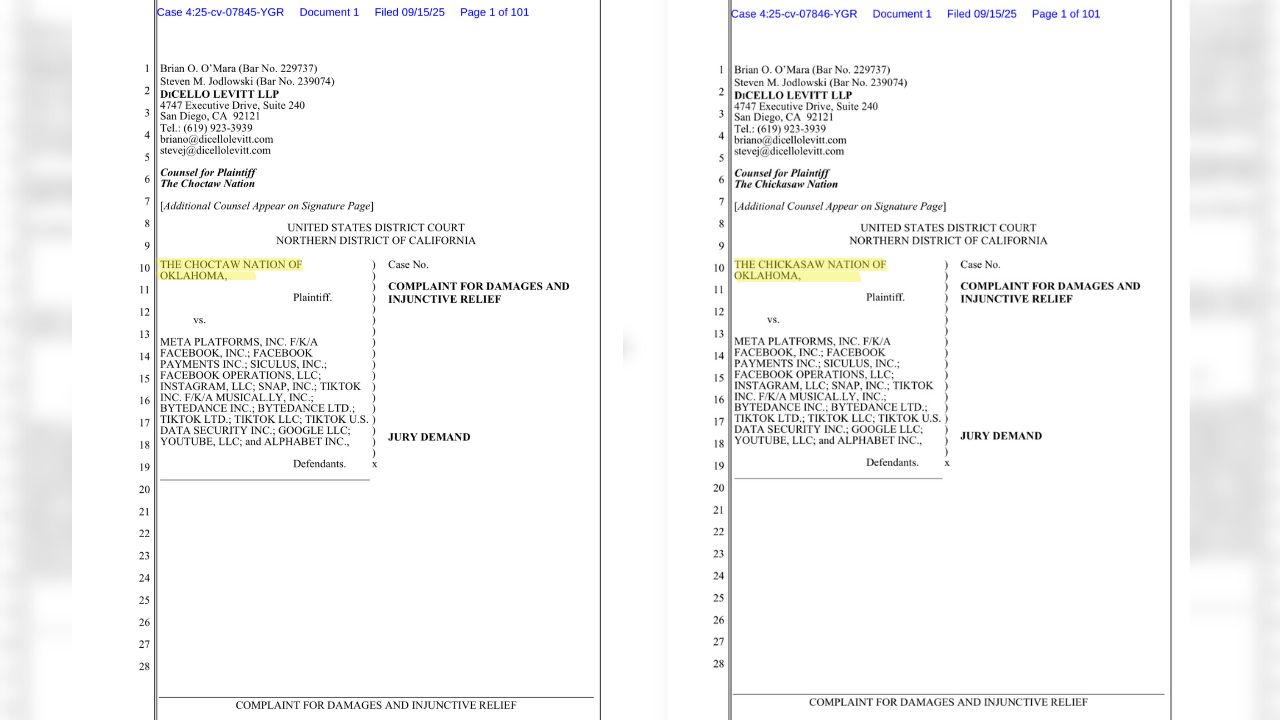
By Taylor Ann Barnes, Gaylord News
WASHINGTON—Two of the state’s largest tribes are hoping that new lawsuits, aimed at holding social media companies accountable, will help address mental health issues sweeping youth across their reservations.
The lawsuits, filed in mid-September 2025 in the U.S. Northern District Court of California by the Chickasaw and Choctaw Nations against Meta Platforms and a host of other social media companies, come amid alarming statistics.
In 2022, Native Americans and Alaskan Natives faced a suicide rate 91% higher than the general population, according to the Centers for Disease Control and Prevention (CDC).
The Spirit Lake Tribe in North Dakota and the Menominee Indian Tribe of Wisconsin were among the first to file lawsuits against the social media giants. Their filings in April 2024 state that intentional app features create an addictive and dangerous space for Native Americans both on and off reservations. On college campuses, many are finding that this trend is true.
“You're coming from an area where everyone knows everybody, and everyone's in your tribe…it's so weird to be just like one member of a crowd,” said Leandra LeForce, 2025 Miss Indigenous OU, a Choctaw graduate student and an advocate for the importance of mental health.
As LeForce explained the anxieties that many experience when coming to a major university and the isolation that can accompany it, she also shared her complex relationship with social media.
“I don't want to be reminded of everything wrong with the world. The second I open my phone, this place that is supposed to be a lighthearted, chill space…shows you the most extreme, terrible, or positive things you could possibly fathom,” said LeForce.
While LeForce has noticed some negative aspects about her social media usage, she also notes the importance it has played in her mental health experience.
“I was an odd duck. But the internet connected me with people who felt like I'm okay, I'm not alone. And that was a step in my mental health journey,” said LeForce.
LeFore is not the only Indigenous student who has a complicated relationship with social media.
Sarah Estis, a sophomore Chickasaw student, identifies with her tribe and noted seeing heightened statistics on social media around depression, missing, and murdered Indigenous people.
“Seeing all of those statistics constantly, it's like this subconscious fear because nobody ever talks about it in real life, but online it's everywhere,” said Estis, who believes the rise in social media as a whole contributes to the growing rates of suicide.
“Kids are a little bit more protected now because we've seen the harm of social media, but our generation, it was just the start of Facebook and Twitter and all of these open messaging apps…and then it became such a big part of our lives in middle school and high school,” said Estis.
The two tribes state that there is also a prominence of generational trauma within these apps, and social media can target these trends.
Many other tribes have filed lawsuits preceding these nations' filings, but most are in the early stages, and no verdict has been made. Tribes are often seeking changes in platform design and financial compensation for emotional distress.
The complaint states that the effects of social media companies impact the resources allocated to education and mental health. Tribes are struggling to navigate relief efforts as social media hinders most progress.
Social Media companies are now facing a growing number of lawsuits, with over 40 states engaged in filings based on mental health deterioration. If the tribal nations or states win a lawsuit, it could potentially pave the way for other tribes to push for members' mental health, offering a glimmer of hope for the future.
“Defendants, who are all so-called “social-media companies,” recognize that Native Americans are already vulnerable populations— especially teens and adolescents, and have designed products to exploit and profit from those vulnerabilities,” stated the complaint in Chickasaw Nation v. Meta Platforms Inc.
Gaylord News is a reporting service of the University of Oklahoma Gaylord College of Journalism and Mass Communication. For more stories by Gaylord News go to GaylordNews.net.
